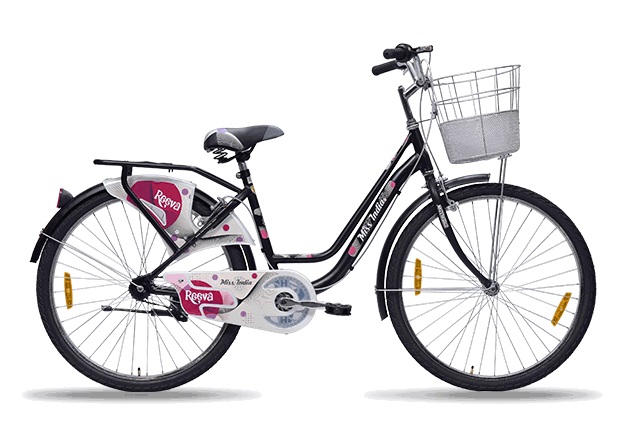Tips to Help Prepare Your Child for Kindergarten
Entering kindergarten is a significant milestone in the life of a child. It marks the beginning of formal education, where young learners not only acquire foundational academic skills but also begin to develop socially and emotionally in a structured environment. The transition from home or preschool to kindergarten can be exciting yet daunting for both children and parents. Here are some practical tips to help prepare your child for this new journey, ensuring a smooth and positive start.
1. Foster Independence
Kindergarten and Child Care Dunsborough encourages children to be more independent. You can prepare your child by practicing small tasks such as dressing themselves, tying shoelaces, using the bathroom independently, and opening lunch containers. Encourage them to clean up after play and manage simple chores. These skills boost their confidence and self-sufficiency.
2. Establish Routine
Children thrive on routine. Establishing a predictable routine for mornings, after school, and bedtime can make the transition to school life easier. A consistent routine helps children feel secure and understand what is expected of them, reducing anxiety.
3. Develop Social Skills
Social readiness is just as important as academic preparation. Arrange playdates or engage in activities where your child can interact with peers. Teach them basic social skills such as sharing, taking turns, listening when someone else is speaking, and expressing their needs or feelings verbally.
4. Introduce Basic Concepts
Expose your child to basic literacy and numeracy concepts. This doesn’t mean formal teaching but integrating learning into daily activities. Read books together, talk about stories, identify letters and sounds, count objects, recognize shapes, and explore colors. These activities lay the foundation for reading, writing, and math skills.
5 Emotional Preparation
Discuss what kindergarten will be like, emphasizing the positive aspects. Talk about making new friends, learning new things, and having fun. Listen to their concerns and reassure them. Visit the school and playground if possible, so the environment becomes familiar.
6. Promote Listening Skills and Following Directions
Practice activities that require listening and following simple instructions. This can be through fun games, cooking together, or arts and crafts projects. These skills are essential for classroom learning and social interaction.
7. Encourage Curiosity and Questions
Cultivate an environment where questioning is encouraged. Show enthusiasm for learning and exploring together. This approach fosters a love for learning and confidence in asking questions to understand the world better.
8. Set Up a Learning-friendly Environment at Home
Create a dedicated space where your child can engage in reading and writing activities, art, and puzzles. This doesn’t require a lot of space or expensive materials but setting aside a quiet and organized area for learning activities.
9. Adjust to School Schedules Ahead of Time
If your child is used to a later sleeping and waking routine, gradually adjust their schedule to match the school’s timing a few weeks before school starts. This helps them to be well-rested and ready for the day.
10. Develop Fine and Gross Motor Skills
Encouraging the development of both fine and gross motor skills is crucial for kindergarten readiness. Fine motor skills can be enhanced through activities like cutting with safety scissors, coloring within the lines, and manipulating small objects such as beads or puzzles. These skills are necessary for writing, drawing, and handling classroom materials. Meanwhile, activities like playing catch, jumping, running, and climbing are excellent for refining gross motor skills. These help children participate fully in physical activities at school and during recess, which are vital for their overall growth and social interaction.
11. Introduce Time Management Skills
While young children might not fully grasp the concept of time, they can begin to understand the sequence and management of daily activities. Use timers during play to show how long an activity will last or use a simple visual schedule to illustrate parts of the day (morning, playtime, snack time, etc.). This helps children mentally prepare for transitions between activities, making them feel more secure when they experience similar structures in a school setting. Teaching basic time management can ease the stress of transitioning and help kids understand the rhythm of a school day.
12. Embrace Teachable Moments
Every day provides opportunities for learning and teaching. Encourage your child’s natural curiosity by turning everyday moments into teachable ones. This could be as simple as counting steps as you walk to the park, looking at the letters on a stop sign, or talking about the weather and seasons.
Preparing your child for kindergarten is all about laying a strong foundation for the learning journey ahead. It’s a collaborative and gradual process that requires patience, encouragement, and positivity. By focusing on these developmental areas, you can help ensure that your child embarks on their educational journey with confidence and enthusiasm.

 English
English 



